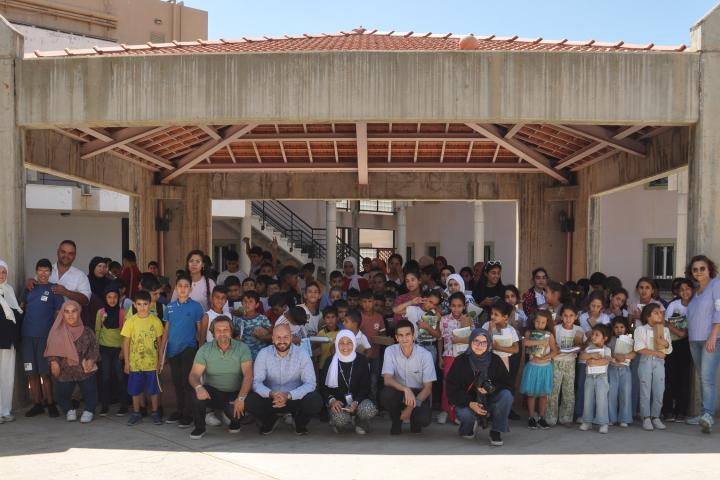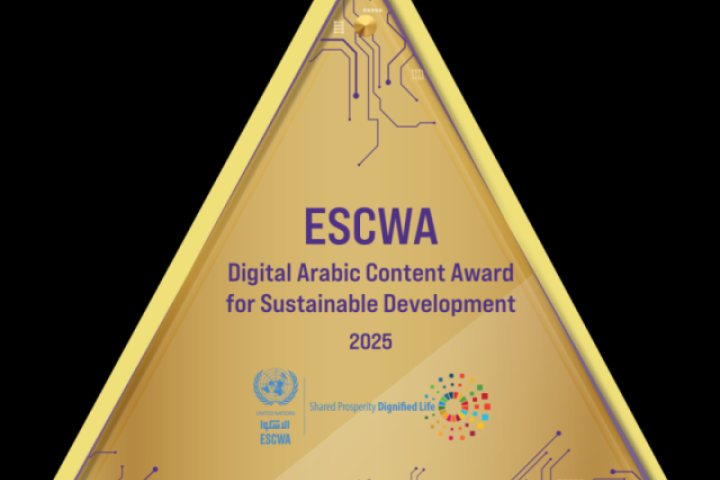During the 3rd Session of the Arab Forum for Scientific Research and Sustainable Development, convened in Beirut from the 10th to 12th of December 2015, ESCWA Sustainable Development Policies Division organized a panel discussion on “The Science-policy Interface in the Arab Region,” which highlighted the importance of this evolving concept in light of the interlinked challenges facing the region and the world. In a paper prepared by ESCWA, it was stated that the emerging sustainable development challenges can only be resolved using integrated, evidence-based and scientific solutions. The paper also demonstrated that the weak science-policy interface in the Arab region can be attributed to three reasons: insufficient scientific production and data gaps; ineffective platforms of exchange between science and policy; and weak governance, transparency and accountability. Strengthening the science-policy interface will be essential if the region is to succeed in achieving the 2030 Agenda for Sustainable Development, the ESCWA paper noted.
Panelists presented practical experiences in promoting the science-policy interface in different sectors and institutional frameworks. Success stories were highlighted including the establishment of important research institutions that became the scientific arm of the State, as was the case in Lebanon, Kuwait, Algeria and other Arab countries. However, scientists and policy-makers remained disconnected due to complex reasons relating to both parties. Among the successful examples cited, the Global Environment Outlook issued by the United Nations Environment Programme (UNEP) promotes a participatory approach in identifying environmental priorities in the region. The International Center for Agricultural Research in the Dry Areas succeeded in influencing agricultural policies in a number of countries such as Lebanon, Syria and Morocco through specialized research and capacity-development targeting both researchers and decision-makers. The Regional Solid Waste Exchange of Information and Expertise Network helped in simplifying the scientific discourse in the sector, translating scientific terms into Arabic, and developing laws that allow the localization of waste management technologies. In the field of Energy, ESCWA adopted an approach based on the potential of renewable energy systems in improving business productivity and income-generation as a way of promoting the dissemination and sustainable use of these technologies in rural areas.
Participants in the panel recommended to improve data quantity and quality, with the possibility of involving civil society and the private sector in data production, and called for the development of existing laws and legislations to bridge the legal gaps that hinder the use of technology. They stressed the need to strengthen the science-policy interface by simplifying the scientific discourse and promoting a constructive dialogue between scientific researchers and policy makers, in order to make the best use of research outcomes in the sustainable development of the Arab region.
Read more:
www.alecso.org/rasd/Eng/index.php and www.unescwa.org/our-work/natural-resources



